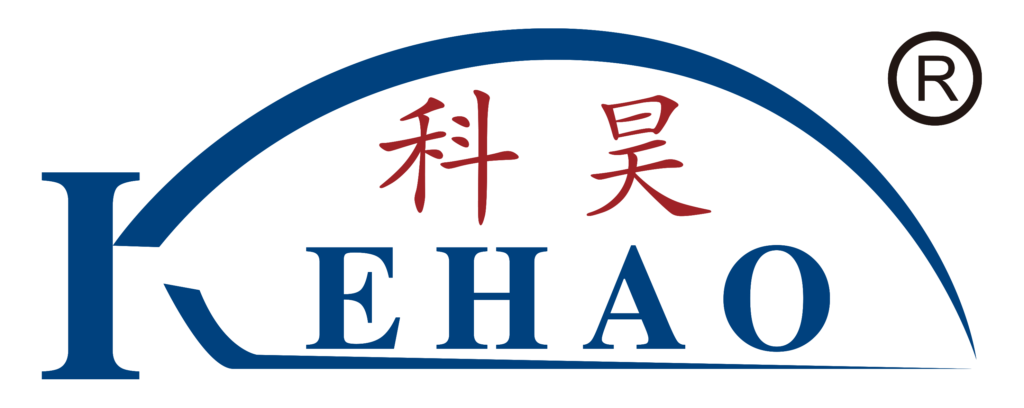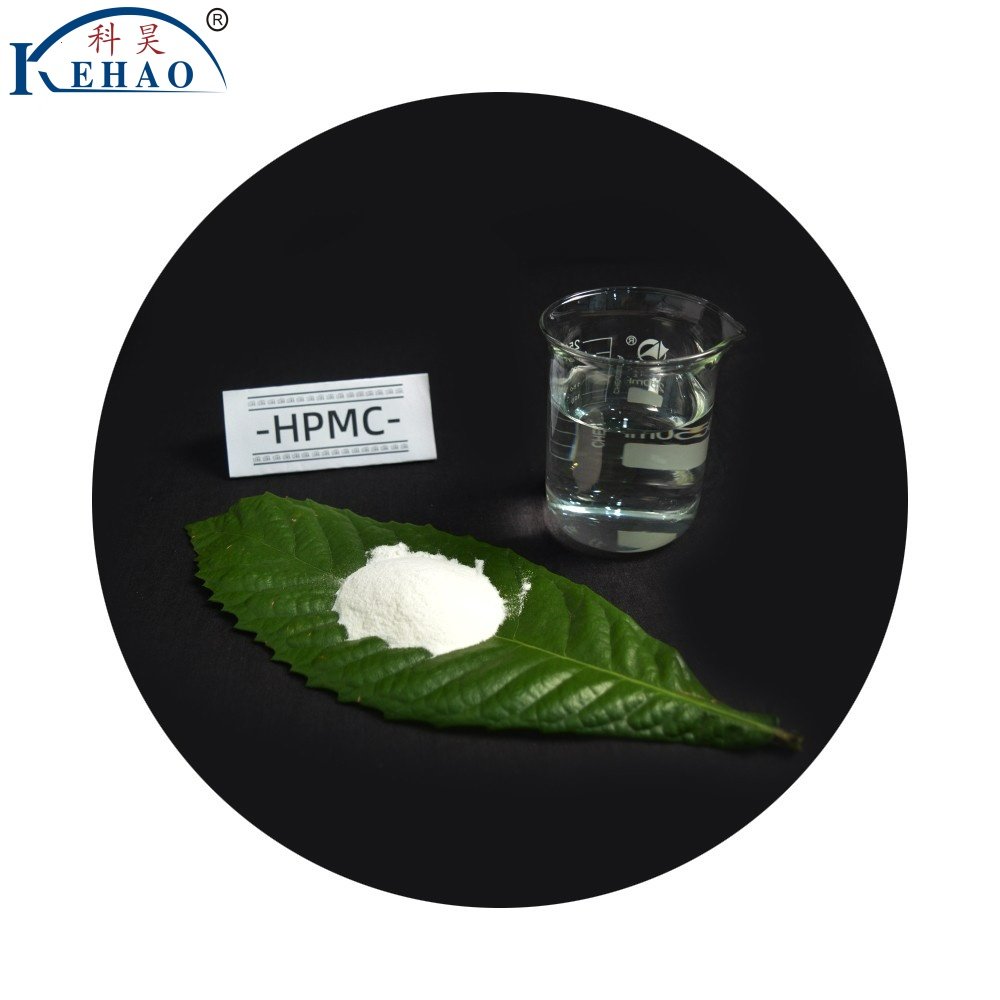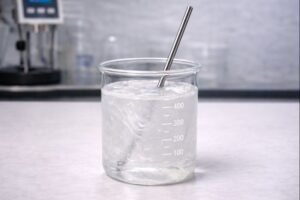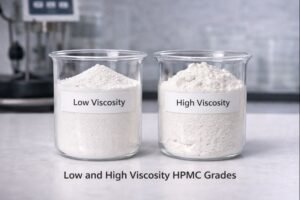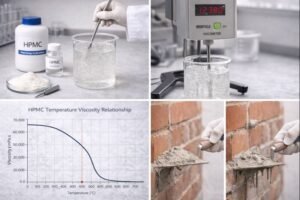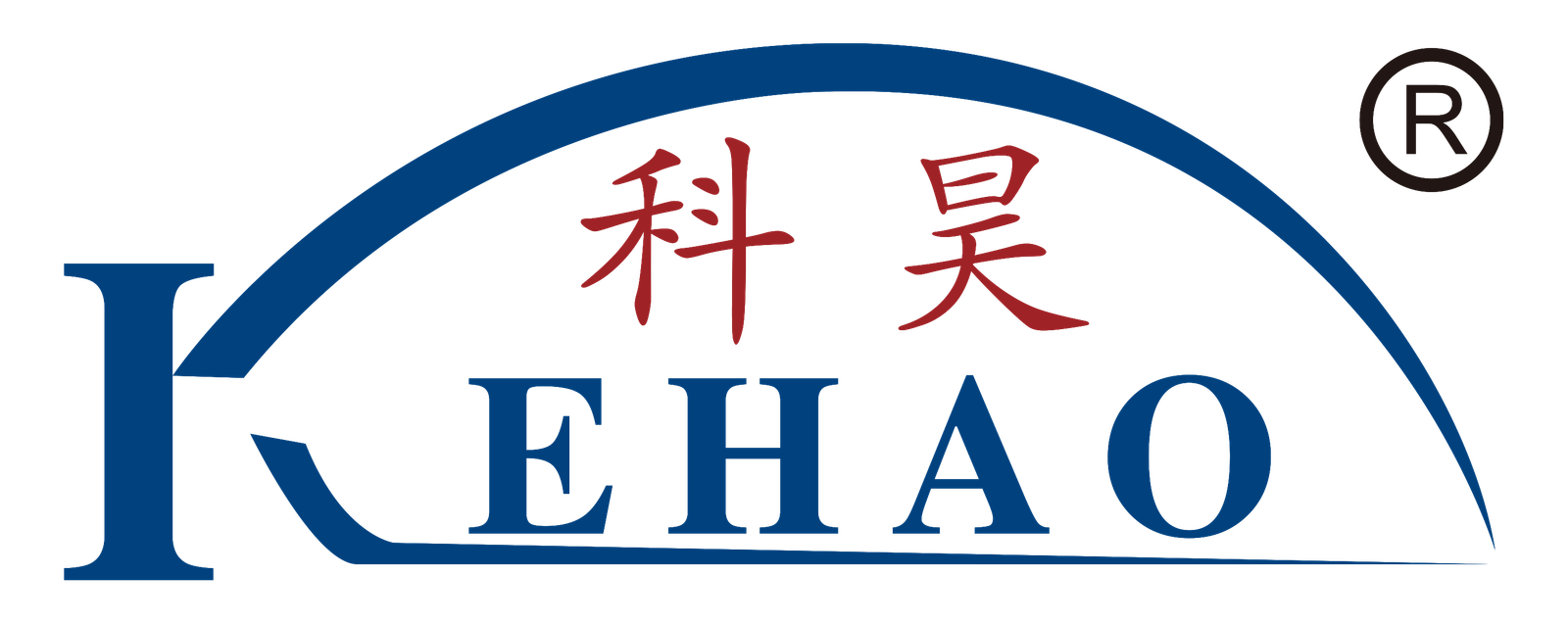Introductory
Hydroxypropyl Methylcellulose, commonly known as HPMC, is widely used across various industries due to its versatile properties such as thickening, binding, water retention, and film-forming. In this article, we will explain in simple language the main applications of HPMC and highlight its role in different industries.
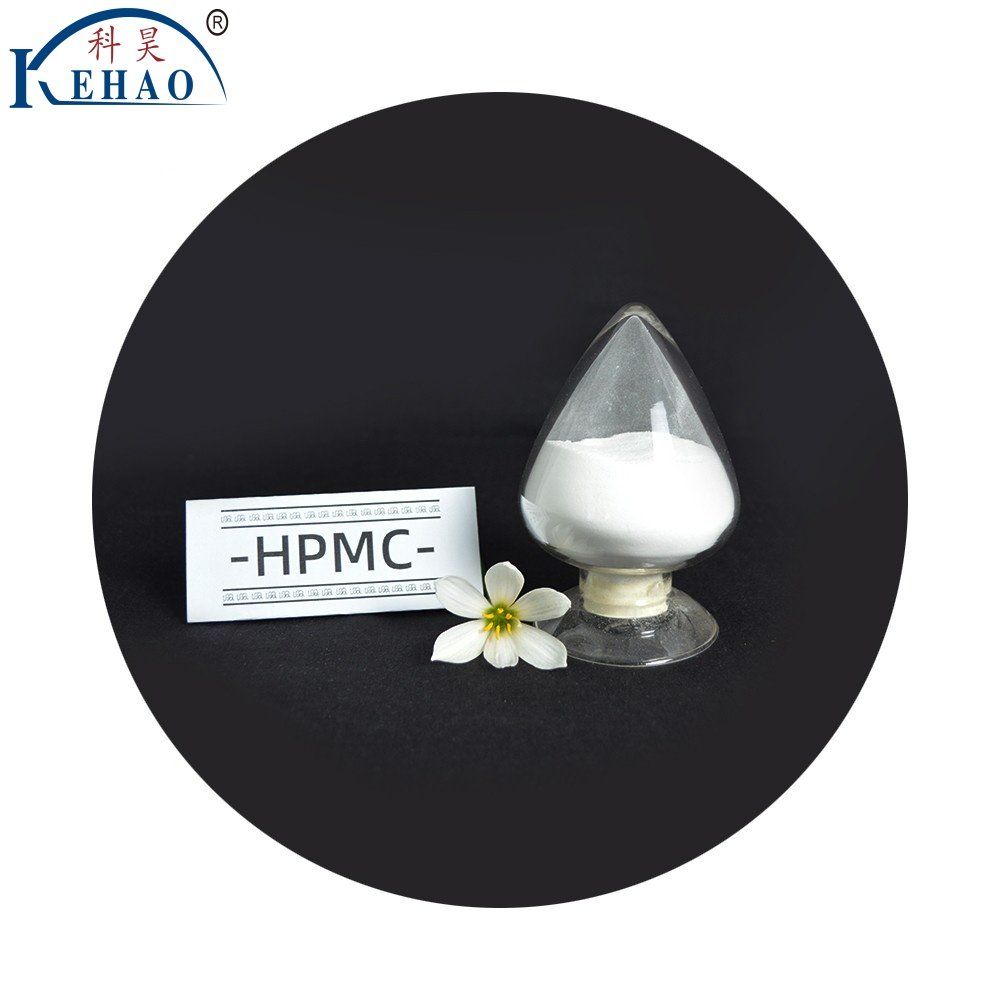
Construction Industry
HPMC is popular in construction, mainly in mortar, cement, and tile adhesives, improving workability, water retention, and reducing cracking. It enhances adhesion and provides stability to construction materials.
Pharmaceutical Industry
In pharmaceuticals, HPMC is used as a binder and film-former for tablets and capsules. It also helps control the release rate of drugs, ensuring medication effectiveness.
Cosmetics and Personal Care
HPMC acts as a thickener, stabilizer, and emulsifier in cosmetics, shampoos, gels, creams, and lotions, ensuring consistency, smooth texture, and easy application.
Food Industry
In food processing, HPMC serves as an emulsifier, stabilizer, and thickener. It is common in sauces, baked goods, and dairy products, improving texture and extending shelf-life.
Paints and Coatings Industry
HPMC enhances the viscosity and water-retention properties of paints and coatings, improving application smoothness, stability, and shelf-life.
Ceramic Industry
HPMC is widely applied in the ceramic industry to enhance the plasticity and shape stability of ceramic pastes, facilitating mold formation and improving product quality.
Detergents and Cleaning Products
HPMC improves thickening and stabilization in detergents, dishwashing liquids, and other household cleaning products, enhancing their cleaning performance.
Agricultural Applications
HPMC is also used in agriculture as a protective film, controlling moisture and enhancing stability in agricultural products and coatings for seeds.
